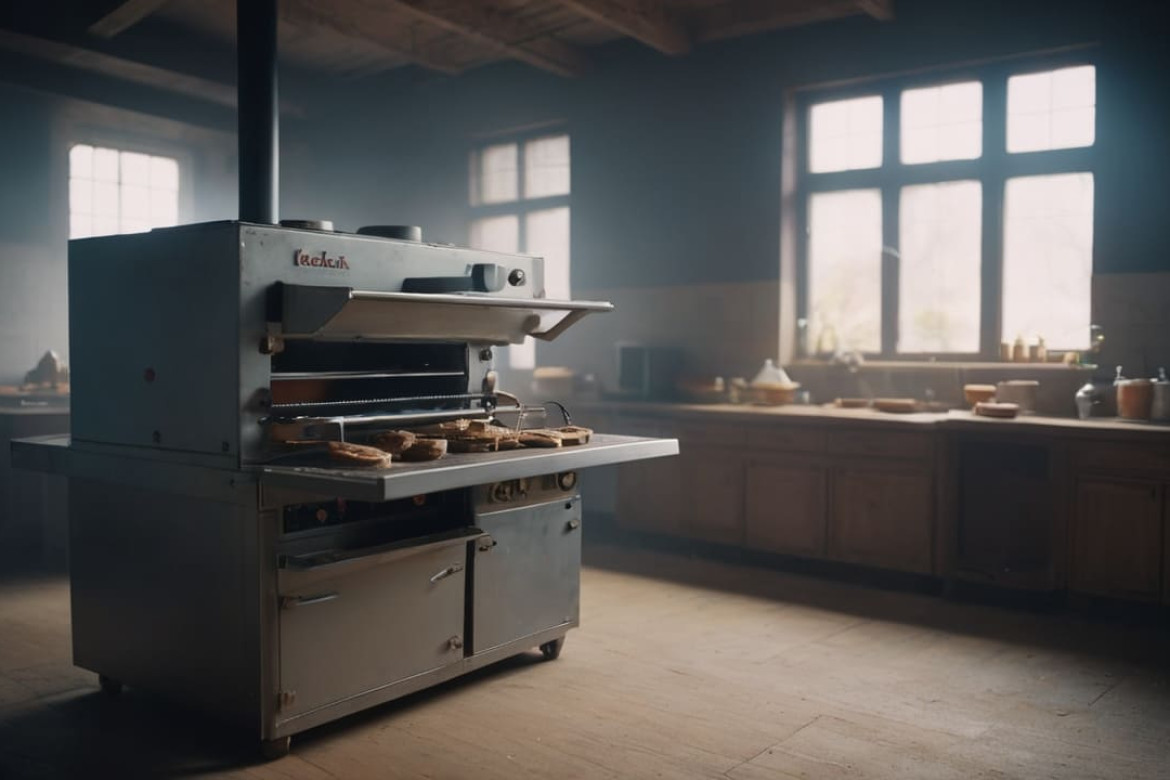
Why Are Breadmakers No Longer Popular?
Why Are Breadmakers No Longer Popular?
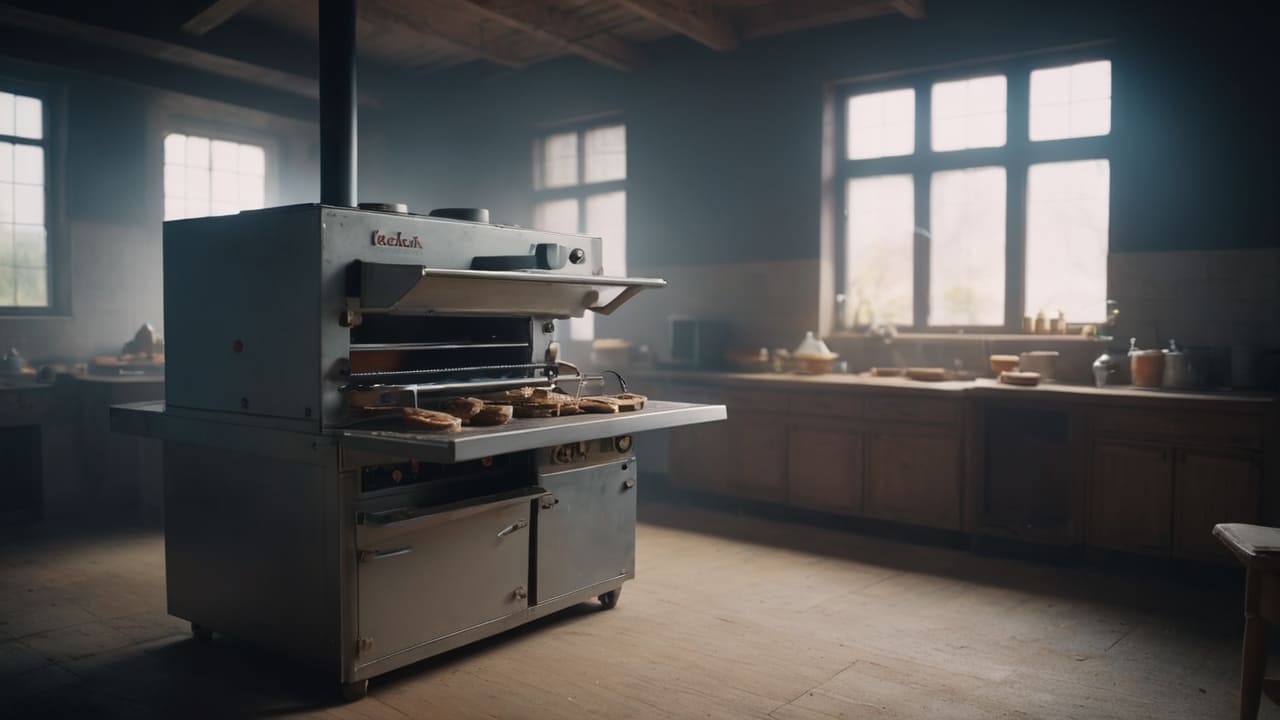
Breadmakers were once a staple in many kitchens, promising the joy of freshly baked bread with minimal effort. However, their popularity has significantly waned over the years. In this article, we delve into the reasons why breadmakers are no longer popular and explore the shifts in consumer preferences and culinary trends that have contributed to this decline.
The Rise and Fall of Breadmakers
Breadmakers gained immense popularity in the late 20th century. With the advent of compact and affordable bread machines, households could enjoy the aroma and taste of freshly baked bread without the need for traditional baking skills. Brands like Bestbreadmaker provided comprehensive reviews of high-quality bread machines, making it easier for consumers to choose the best one for their needs.
Convenience vs. Tradition
The primary allure of breadmakers was convenience. They automated the process of mixing, kneading, rising, and baking, which appealed to busy individuals and families. However, as convenience foods and ready-made bread options became more accessible and diverse, the need for a dedicated bread machine diminished. Traditional methods of baking bread, often seen as therapeutic and rewarding, began to resurface in popularity, driven by a growing interest in artisanal and homemade foods.
Changes in Dietary Preferences
Another significant factor in the decline of breadmakers is the change in dietary preferences. With the rise of low-carb, gluten-free, and other specialized diets, many people have reduced their bread consumption or switched to alternative bread products that are not easily made with traditional bread machines. As health consciousness grows, consumers seek out bread with specific nutritional profiles, often turning to commercial options that cater to these needs.
Technological Advancements and Kitchen Gadgets
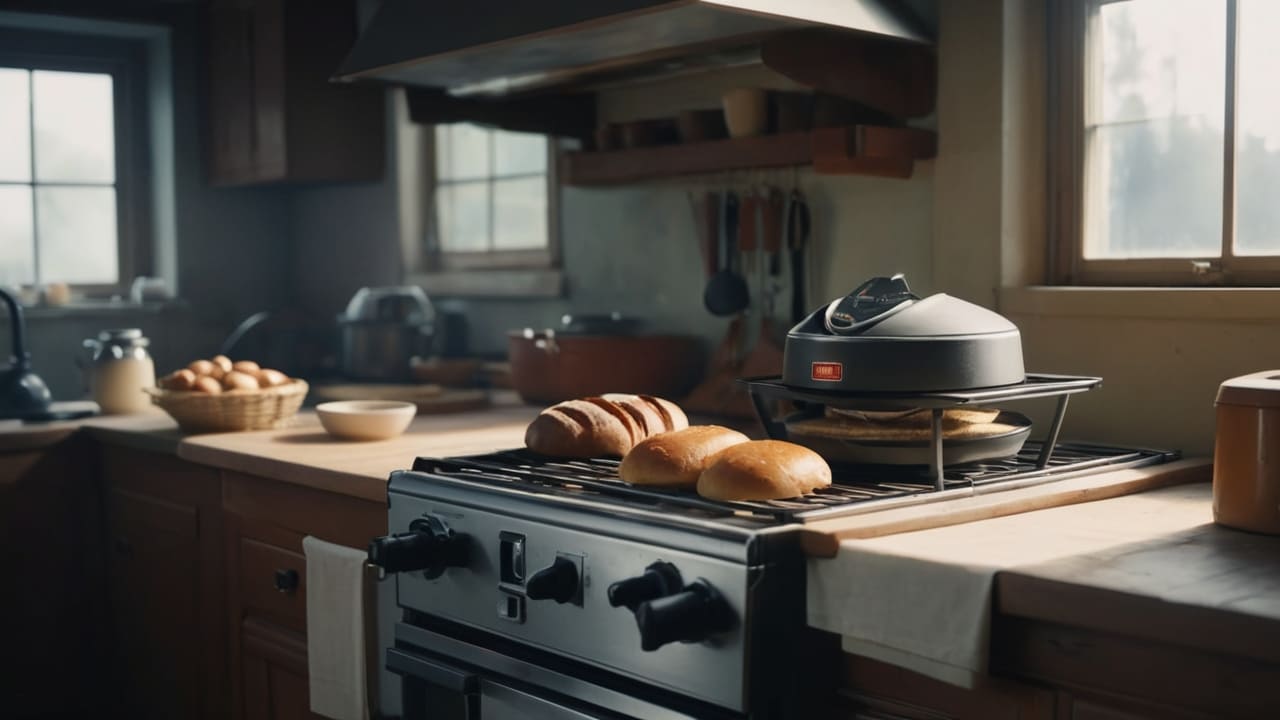
Multipurpose Kitchen Appliances
In the era of smart technology and multifunctional kitchen appliances, single-purpose devices like breadmakers struggle to maintain their place. Modern kitchen gadgets that offer multiple functions, such as stand mixers, food processors, and even smart ovens, can often perform the same tasks as a breadmaker and much more. This versatility makes them more attractive to consumers who are mindful of kitchen space and utility.
Advancements in Commercial Baking
Commercial bakeries have also made significant advancements in producing high-quality bread that meets various dietary needs and preferences. These products are often perceived as superior to homemade bread, both in terms of taste and convenience. The ability to purchase freshly baked, preservative-free bread from local bakeries or even grocery stores diminishes the need for a breadmaker at home.
Economic Considerations
Initial Cost and Maintenance
The initial investment in a breadmaker, along with the ongoing costs of maintenance and ingredients, can be a deterrent. As the novelty wears off, many breadmakers end up unused, gathering dust in kitchen cabinets. The perception of breadmakers as a non-essential luxury item further contributes to their decline in popularity.
Cost of Ingredients
The cost of high-quality ingredients required for baking good bread at home can also add up. For those who bake occasionally, the convenience and variety of store-bought bread outweigh the expenses associated with maintaining a breadmaker and purchasing ingredients.
The Cultural Shift Towards Minimalism
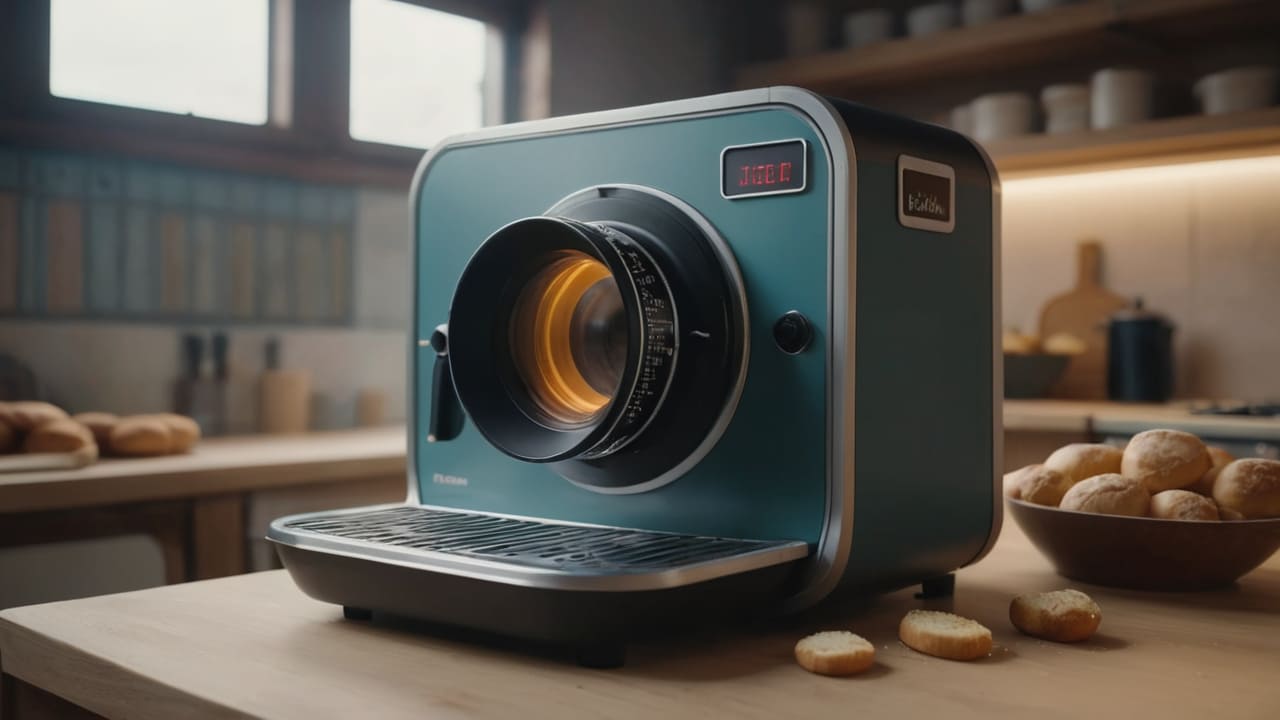
In recent years, there has been a cultural shift towards minimalism and decluttering, popularized by movements such as KonMari. This shift encourages people to own fewer items, especially single-purpose appliances that are not frequently used. As a result, breadmakers, which take up valuable counter or storage space, are often one of the first items to be discarded in the quest for a simpler, more organized living environment.
The Revival of Artisanal Baking
The Joy of Handmade Bread
The process of making bread by hand has seen a revival, driven by a desire for authenticity and connection to food. People are increasingly drawn to the tactile and rewarding experience of kneading dough, watching it rise, and baking it to perfection. This hands-on approach is seen as a way to slow down and enjoy the art of baking, contrasting with the automated process of a breadmaker.
Community and Social Sharing
Artisanal baking has also become a social activity, with communities forming around shared baking experiences. Social media platforms are filled with home bakers sharing their creations, tips, and recipes, fostering a sense of community and shared passion. This collective enthusiasm for traditional baking methods further marginalizes the role of breadmakers.
The Impact of the Pandemic
The COVID-19 pandemic brought about a surge in home baking as people sought comfort and self-sufficiency during lockdowns. This period saw a temporary resurgence in the use of breadmakers, as well as a renewed interest in homemade bread. However, as life returns to normal and people resume their busy schedules, the convenience of store-bought bread and the appeal of other kitchen gadgets have once again overshadowed breadmakers.
Read more:
https://tastecooking.com/ever-happened-bread-machine/
https://www.reddit.com/r/Breadit/comments/189f75q/why_do_bread_machines_make_inferior_bread/
Conclusion
In conclusion, the decline in popularity of breadmakers can be attributed to a combination of factors, including changing dietary preferences, advancements in kitchen technology, economic considerations, cultural shifts towards minimalism, and a revival of traditional baking methods. While breadmakers still hold a nostalgic appeal for some, their place in the modern kitchen is increasingly being taken over by more versatile and efficient appliances. Brands like Bestbreadmaker continue to provide valuable insights into the best bread machines on the market, but the overall trend suggests a move away from single-purpose gadgets in favor of more adaptable solutions.
By understanding these trends and preferences, we gain insight into the evolving landscape of home baking and kitchen technology. Whether you prefer the ease of a breadmaker or the hands-on experience of artisanal baking, the choice ultimately reflects your lifestyle, values, and culinary aspirations.
